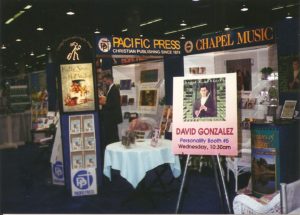
O. K., so it has been a while since the last post to this site, and with the “Stay Safe, Stay at home” Covid-19 model, It is time to give it a go. First things first, I’ve set up the site to offer secure downloads of background tracks and previous albums now out of print. Getting the SSL certificate and getting it to work was the first hurdle. Configuring it to address the current postings was another. Moving forward wasn’t as quick and easy as I thought it would be.

…another challenge–getting the flute solos print ready. I’ve had requests for sheet music, of the flute solos that I play. For some this means type setting from sketches of handwritten music that I mostly use for improv. …like what you see here from, “The Holy City” flute solo.

In brainstorming how all of this should go forward, I’m looking back a little. So, I’ll start making some of my older material firts, and hopefully it’s really a stepping stone. …a springboard? I understand the need for new material. In looking through my materials, I found pictures taken when I attended the 1995 Christian Book Seller’s Convention in L. A. This was back for my first album with Chapel/Bridge Records.
For the latest downloads, check out the download page. If this is your first time here, don’t forget to subscribe.

